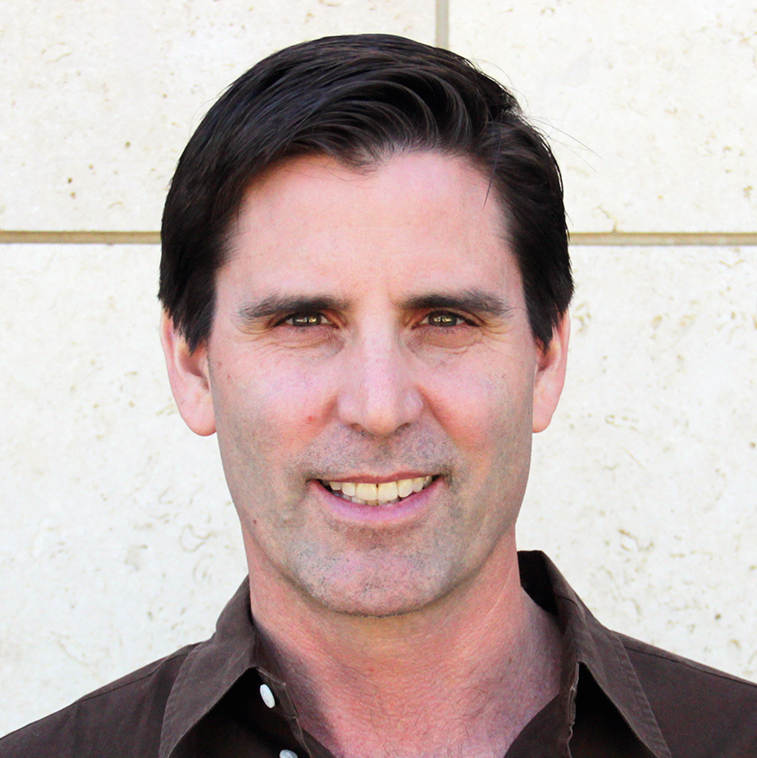- Joined
- Jan 28, 2013
- Messages
- 94,823
- Reaction score
- 28,342
- Location
- Williamsburg, Virginia
- Gender
- Male
- Political Leaning
- Independent
Following in the dubious footsteps of Michael Mann, Stanford professor Mark Jacobson has filed a lawsuit against other scientists who disagreed with him, and, btw, refuted his thesis.
Stanford Prof sues scientists who criticized him – demands $10M
Posted on November 1, 2017 | 166 comments
by Judith Curry
Mannian litigation gone wild. — Steve McIntyre
Continue reading →
Details given by Michael Schellenberger in Environmental Progress:
Stanford University professor Mark Z. Jacobson has filed a lawsuit, demanding $10 million in damages, against the peer-reviewed scientific journal Proceedings of the National Academy of Sciences (PNAS) [link to published paper] and a group of eminent scientists (Clack et al.) for their study showing that Jacobson made improper assumptions in order to claim that he had demonstrated U.S. energy could be provided exclusively by renewable energy, primarily wind, water, and solar.
A copy of Jacobson’s complaint and submitted exhibits can be found here and here.
What Jacobson has done is unprecedented. Scientific disagreements must be decided not in court but rather through the scientific process. We urge Stanford University, Stanford Alumni, and everyone who loves science and free speech to denounce this lawsuit.
The lawsuit rests on the claim that Clack et al. defamed Jacobson by calling his assumption that hydroelectricity could be significantly expanded a “modeling error.”
Environmental Progress weighed in on this controversy when Clack et al. published their article. In our view, it’s clear that Jacobson made a false assumption about the possibility of expanding U.S. hydroelectricity.
Jacobson’s assumption speaks to the essential fallacy of the 100 percent renewables proposal. . . .
Stanford Prof sues scientists who criticized him – demands $10M
Posted on November 1, 2017 | 166 comments
by Judith Curry
Mannian litigation gone wild. — Steve McIntyre
Continue reading →
Details given by Michael Schellenberger in Environmental Progress:
Stanford University professor Mark Z. Jacobson has filed a lawsuit, demanding $10 million in damages, against the peer-reviewed scientific journal Proceedings of the National Academy of Sciences (PNAS) [link to published paper] and a group of eminent scientists (Clack et al.) for their study showing that Jacobson made improper assumptions in order to claim that he had demonstrated U.S. energy could be provided exclusively by renewable energy, primarily wind, water, and solar.
A copy of Jacobson’s complaint and submitted exhibits can be found here and here.
What Jacobson has done is unprecedented. Scientific disagreements must be decided not in court but rather through the scientific process. We urge Stanford University, Stanford Alumni, and everyone who loves science and free speech to denounce this lawsuit.
The lawsuit rests on the claim that Clack et al. defamed Jacobson by calling his assumption that hydroelectricity could be significantly expanded a “modeling error.”
Environmental Progress weighed in on this controversy when Clack et al. published their article. In our view, it’s clear that Jacobson made a false assumption about the possibility of expanding U.S. hydroelectricity.
Jacobson’s assumption speaks to the essential fallacy of the 100 percent renewables proposal. . . .



